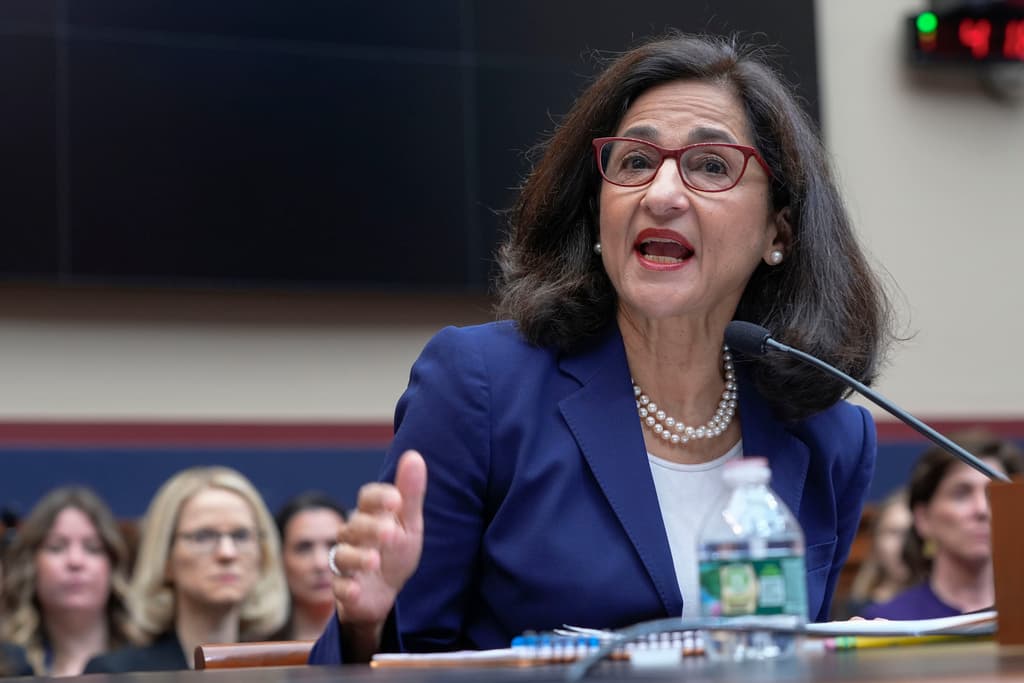Three Deans Resign at Columbia
Will the campus be rid of antisemitism by the time students return in the fall?

The resignation of the three Columbia University deans caught mocking the concerns of Jewish students strikes us as a promising — albeit belated — step to scrub the stain of antisemitism from Morningside Heights. These administrators, who disparaged and trivialized Jewish students speaking on a panel about antisemitism, crossed a line that warranted their removal. However, there is much more to be done before Jewish students arrive back on campus.
Please check your email.
A verification code has been sent to
Didn't get a code? Click to resend.
To continue reading, please select:
Enter your email to read for FREE
Get 1 FREE article
Join the Sun for a PENNY A DAY
$0.01/day for 60 days
Cancel anytime
100% ad free experience
Unlimited article and commenting access
Full annual dues ($120) billed after 60 days

